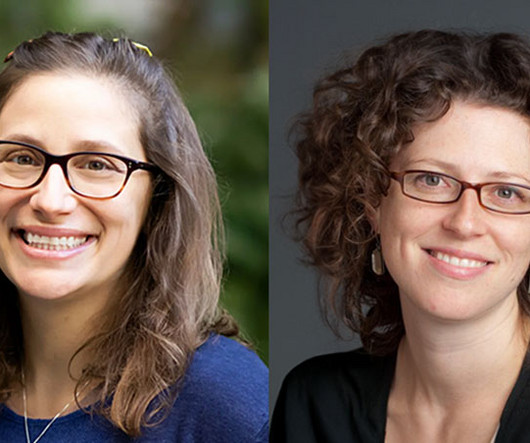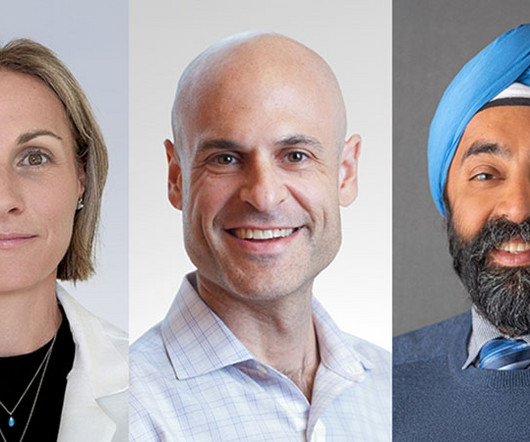The Future Of Vision And Eye Care
The Medical Futurist
JUNE 21, 2025
Treating less serious ailments gets faster, more targeted and more efficient, while the means for curing more serious and life-altering illnesses improve. In 2015, surgeons in Manchester, UK have performed the first bionic eye implant for an AMD patient using Second Sight’s innovation. The work is still early-stage, Taylor emphasises.












Let's personalize your content